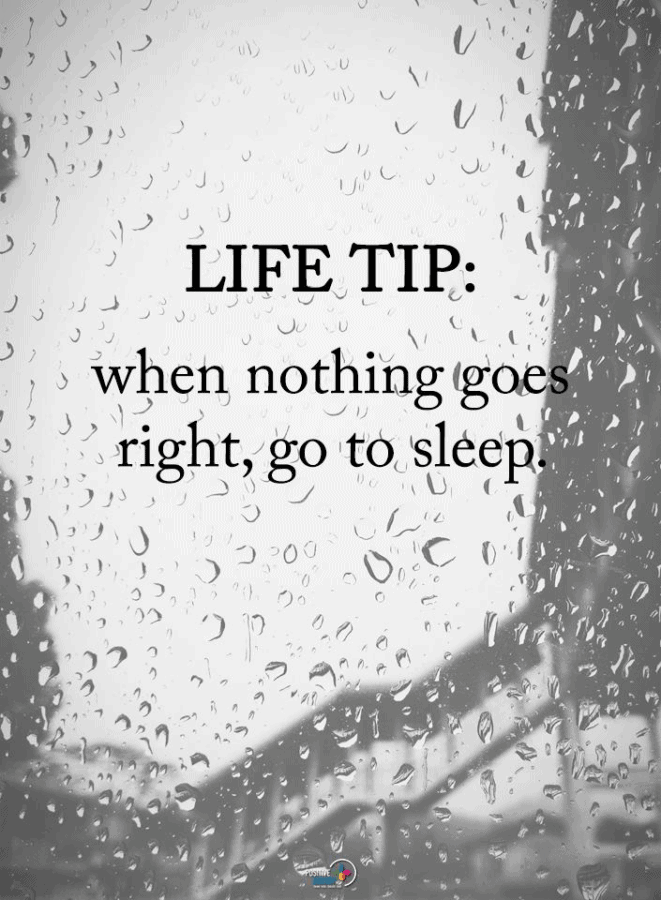“Share your smile with the world. It’s a symbol of friendship and peace.” ~ Christie Brinkley
It’s easy to allow life to get us down. We’ve all got responsibilities – bills, jobs, kids, and so forth. We must also contend with the frequent and random obstructions along the way.
In the midst of life’s stressors, it’s all too easy to think “me, me, me.”
But these are the times we should think about others. More specifically, making others’ days brighter.
Simple acts of kindness have a positive and distinct reciprocal effect. Counterintuitive as it sounds, selfless acts build us up in a way that few things can.
After we’ve done something selfless, it’s common for us to feel an absence of ego. The greatest humanitarians in history – Gandhi, Martin Luther King, Mother Theresa, Desmond Tutu – have all discovered this truth: it is greater to give than to receive.
And all it takes is a smile.
Why a smile of all things?
Well, consider some of these fascinating things about grinning with teeth:
- Smiling can reduce blood pressure.
- It is “contagious.”
- Smiling releases endorphins – our body’s feel-good hormones.
- It is a universal sign of happiness.
- Smiling can immediately lower others’ defenses (anger, jealousy, etc.)
Here are 21 ways to be the reason someone else smiles today! :]
1. Show them something funny
Show the person some celebrity fails on the interwebs; tell them about something dimwitted someone else (or you!) did.
And watch laughter ensue.
2. Give them a small gift
If you know the person, consider giving them a small gift. Wrap it up nicely, and it’ll probably make for a pleasant surprise.
3. Listen
This one sounds out of place, but sometimes all a person needs is for someone to listen to him or her. Your thoughtfulness may help produce a smile.
4. Be affectionate
If you know the person well, put an arm around them, give them a peck on the cheek, or otherwise show some physical affection.
5. Bring them a coffee or tea
Coffee and tea are the second and third most popular drinks in the world. One reason is that both can help us relax and enjoy each other’s company.
6. Tell a joke
Who doesn’t like a good (or bad) joke? Even better if you know the person’s sense of humor. So crack one.
7. Give a heartfelt compliment
Even the shy folk amongst us love to hear a warm commendation. Compliments are very powerful and can help make someone else’s day.
8. Reach out to someone who wants to hear from you
How many times do we think about calling someone we’d know would love to hear from us, yet forget? Think about a person who’d love to hear your voice and make their day.
9. Share a meal
There’s something so peaceful and comfortable about sharing a nice meal together. Ordering different items and sharing each other’s food is even better.
10. Tell someone how proud you are
Similar to words of encouragement, saying “I’m proud of you” has a way of lifting a person’s self-esteem.

11. Write a handwritten note or letter
Nowadays, it’s so easy to type out an email or text message. Do you remember the days when handwritten notes were a “thing”? While the written note may not be too popular anymore, they are assured to serve as a great pick-me-up.
12. Say “I’m sorry.”
Own up to your mistakes. While they may not smile in your presence, they could later when thinking of your honesty and courage.
13. Give a generous tip
Do you know how much crap people who work in a service-related job must deal with? Rude people and bad tips – enough said. If someone does a good job, leave a little extra. You may just make their day.
14. Speak some genuine words of encouragement
We all need some assurance once in a while. Life is rough sometimes. A few well-chosen words can go a long way in helping someone overcome their problems.
15. Be available for them, or let them know you’re there
As mentioned, sometimes we just need someone to listen. If they’re not quite yet ready to talk, that’s okay. Telling them you’re there may just bring a smile to their face.
16. Share an old picture
If you and the person are close, there’s probably a few old pics floating around. Find one of the funniest or most ridiculous and shoot it their way.
17. Bring some hand-picked flowers
Go out into a grassy field, grab a handful of flowers, wrap them up nicely, and give them to the person. While picking wildflowers is rare nowadays, it’s a super sweet gesture.
18. Bring them some food
Everyone loves food. Oh yeah, you already knew that. Anyways, bring them a nicely presented plate or fruits or veggies, or just stop by their favorite fast food joint.
19. Tell them “Thank You.”
Whether we consciously realize this or not, “Thank you” are two of the most cherished words for someone to hear. In essence, you’re saying “Thanks for your hard work, consideration, and care.”
20. Change their screensaver
When the person steps away from their computer, change their screen saver to something that will make them smile. Use your imagination.
21. Make a silly face
Sometimes we have to forget the whole “Act your age” thing. Funny faces have a way of cheering someone up. So peep through a doughnut or stick your tongue sideways and cross your eyes. Silly faces are always hilarious!







